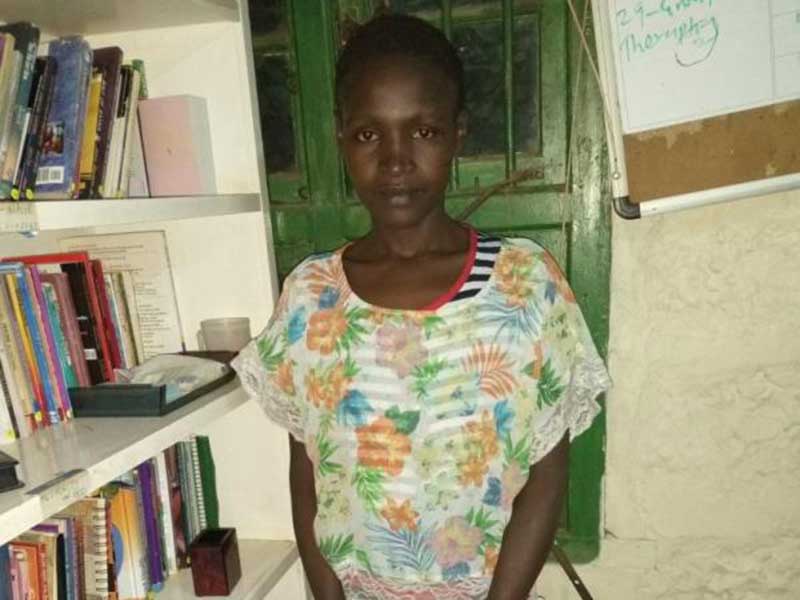×
The Standard e-Paper
Join Thousands Daily

Fridah Odongo has seen it all. At just 32 years of age, she has seen both the ugly and cruel side of life. That however was not the life she had envisaged when she was growing up in crime-ridden Korogocho slums.